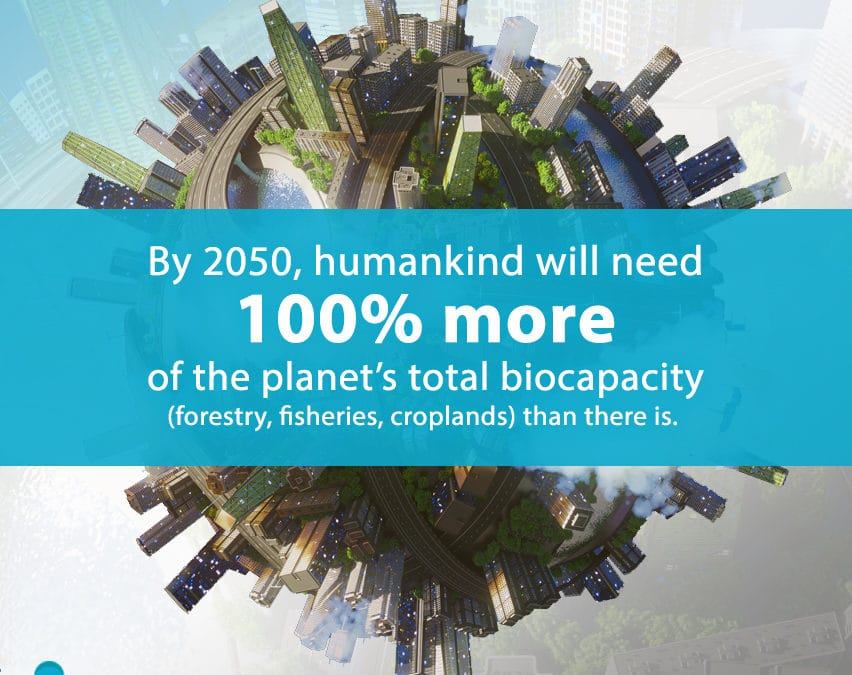Animals are disappearing. A recent study has determined that just two generations of humans have killed off more than half the world’s wildlife populations. Populations of animals have declined by 60 percent since 1970, according to a report released Monday by the World Wildlife Fund. According to the Washington Post, “the animals that remain will fight against warming oceans choked with plastic, toppled rainforests may zero out fragile species, and refuges such as coral reefs may nearly die off.”
The loss is directly attributable to the fundamental cause of all environmental crises: Large, poorly planned families and the unsustainable population growth they cause.
Many of the environmental crises today are caused by variables that we did not understand when setting environmental polices decades ago, variables like the impact of greenhouse gas emissions. But at that time we did know about one variable – population growth as an underlying multiplier of all anthropogenic impacts. Had we taken family planning more seriously then, we would not be where we are today.
Poor family planning is enabled by an outdated social model that focuses on what parents want more than on what future children need. It was a system developed for survival in a different time, before we knew what we know today about human impact on the planet, early childhood development needs, and the lasting impact that crowding has on inequality. We are not living in that world anymore. Our cities and towns are becoming increasingly crowded and we’re demanding more than the natural world can comfortably provide. That type of isolated living of the past no longer serves us. It does not account for the nonhuman world. It does not leave room for animals.
Urge the WWF, at @PavanSukhdev, to publicly support our call on the United Nations Secretary-General to issue a statement on the need for a new and cooperative “smaller family” planning model designed to give every kid a fair start in life.

